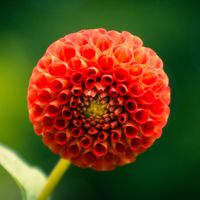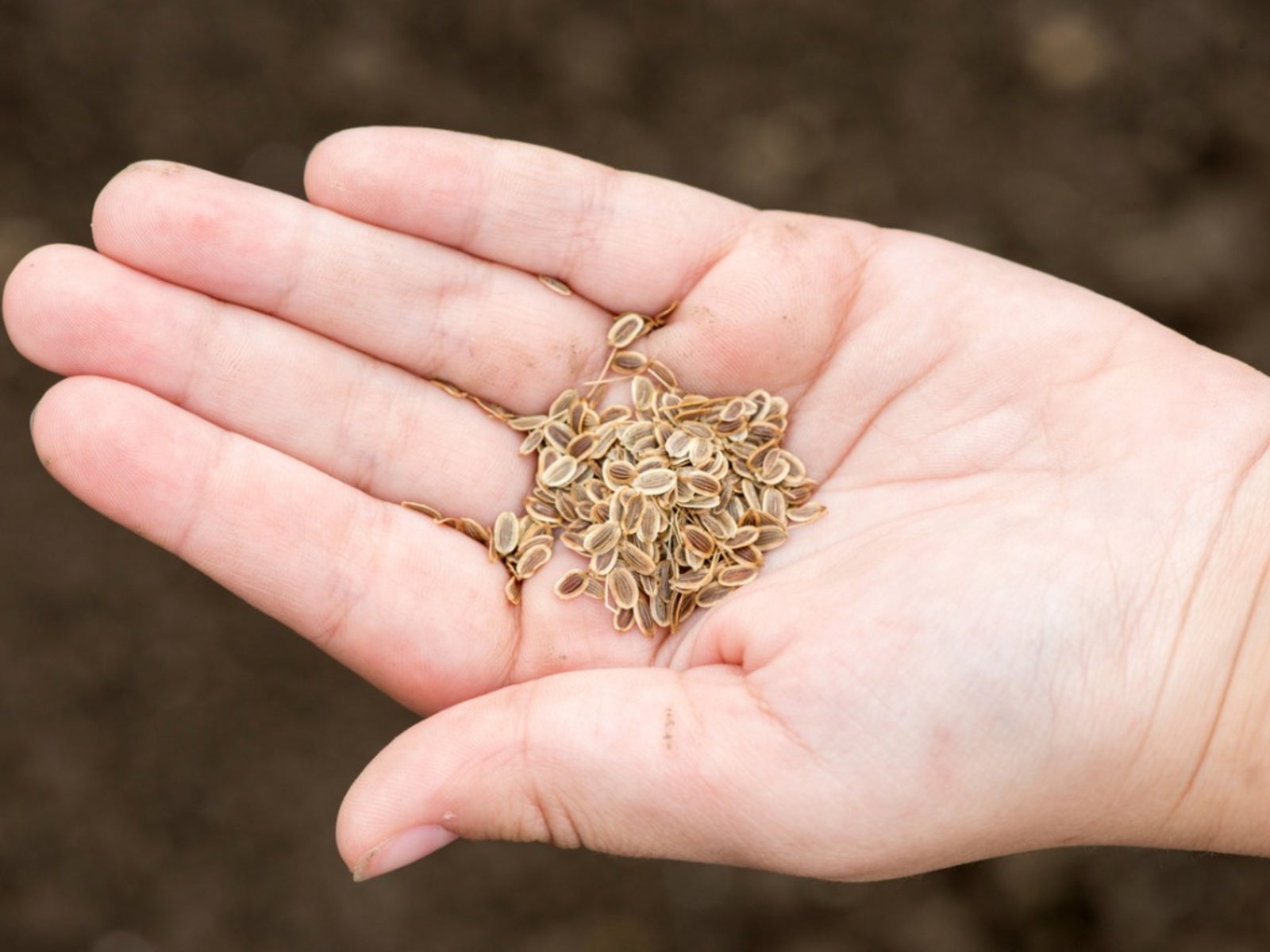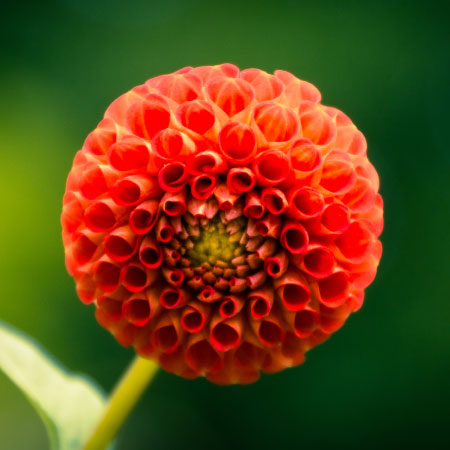Learn About Saving Carrot Seeds


Is it possible to save seeds from carrots? Do carrots even have seeds? And, if so, why haven't I seen them on my plants? How do you save seeds from carrots? A hundred years ago, no gardener would have asked these questions, but times changed; laboratories began developing new strains and pre-packaged seeds became the norm.
Seed Saving in the Garden
In the past, it was a common practice among flower and vegetable gardeners to save seeds. From carrots, lettuce, radishes, and other fine seeded species to the larger seeds of beans, pumpkins, and tomatoes, every gardener kept a stash of their favorites to plant again or trade with friends. Modernization gave us hybridization -- cross breeding. In spite of recent complaints, this wasn't necessarily a bad thing. It allowed farmers to grow larger quantities with fewer problems and to ship their produce over long distances safely. Unfortunately, many of these new strains sacrificed flavor and texture to meet these needs. Now the pendulum of progress has swung back. With the re-emergence of heirloom vegetable varieties, many home gardeners are returning to the past with a growing interest in harvesting seeds from the flavorful varieties they're discovering.
Tips for Saving Carrot Seeds
Before you set your heart on saving carrot seeds from this year's crop, there are a few things you need to know. The first thing you need to check is the original package your carrot seeds came in. Are they a hybrid variety with an F1 designation on the package? If so, saving carrot seeds may not be a good idea as hybrid seeds don't always breed true. They often revert to the characteristics of one parent rather than a combination of both. The carrots you grow may not be exactly the same as the ones you pulled from the ground last year. On the other hand, if you're willing to spend the time, you can use those hybrid reversions to develop your own strain. Sow all the seed from the hybrid stock, then choose the plant characteristics you most admire from that sowing and save them for the next seed collection. Eventually, you'll have a carrot that grows best in your garden soil and climate. Secondly, you'll have to save seeds from carrots grown this year, next year. Carrots are biennial. They'll grow their greenery and long, tender root this year, but won't flower until next year. Like our grandmothers and grandfathers, you'll have to sacrifice the root from your best looking plant for saving carrot seed in order to insure that future crops will carry those admirable traits. When saving carrot seeds during the second flowering year, allow the seed heads to fully ripen on the plant. When the flower heads begin to brown and become dry, carefully cut the heads and place them in a small, paper bag and then leave them alone until the drying is complete. Small plastic containers or glass jars can also be used, but be careful. The same airtight lid that will protect your dried seeds will also hold the moisture of not quite dry seed heads and that can lead to moldy seed. Set your unlidded containers in a safe, dry place. Once the seed heads are thoroughly dry and the seeds have darkened, seal your containers and shake vigorously to release the seed. Label and store your seeds in a cool, dry place; the cooler the storage, the longer the viability of the seed. Modern technology may have robbed some of the flavor and texture from the garden foods we eat, but it has also given modern gardeners the means to restore flavor and variety to their gardens. There are several good sites on the Internet that carry heirloom seeds for sale and others where seeds are exchanged. Why not check them out and save seeds from carrots that are proven originals?
Sign up for the Gardening Know How newsletter today and receive a free copy of our e-book "How to Grow Delicious Tomatoes".

Jackie Rhoades began writing for Gardening Know How in 2010.